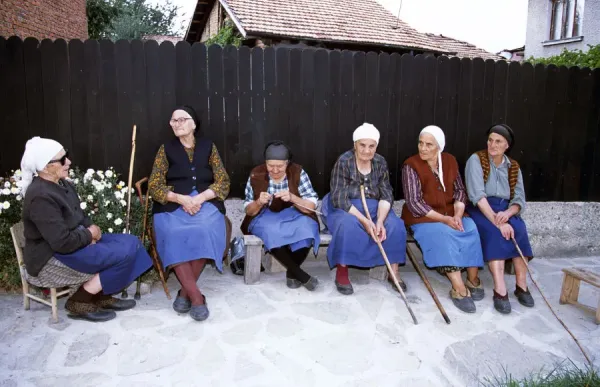Bulgaria remains among the European Union countries with the shortest average work life, according to the latest data released by Eurostat. In 2024, Bulgarians are expected to remain active in the labour market for an average of 34.8 years. This figure is identical in Croatia and Greece, placing the three countries near the bottom of the EU ranking.
Only Romania and Italy report shorter average work life spans, with Romanians projected to work for 32.7 years and Italians for 32.8 years. In comparison, the EU-wide average for 2024 stands at 37.2 years.
The data shows considerable disparities among member states. In six EU countries, individuals are active in the labor market for 40 years or more. The Netherlands leads the bloc with the highest expected work life of 43.8 years. Close behind are Sweden, Denmark, Estonia, Ireland, and Germany.
A gender breakdown reveals that men across the EU work on average for 39.2 years. In Bulgaria and Croatia, the average duration for men is 36 years. Romania once again ranks lowest for this demographic, with a work life span of 35.9 years. The Netherlands, Denmark, and Sweden report the highest male work spans at 45.7, 44.2, and 40 years, respectively.
Among women, the EU average work life is 35 years. The most prolonged work participation is seen in Estonia, Sweden, and the Netherlands, where figures range between 41.8 and 42.2 years. Conversely, women in Italy (28.2 years), Romania (29.2 years), and Greece (31.1 years) tend to leave the workforce much earlier.
The long-term trend across the European Union is one of gradual extension. Over the past ten years, the average expected duration of working life has increased by 2.4 years, rising from 34.8 years in 2014 to the current 37.2. This upward shift reflects changes in employment behavior, longer career spans, and increased labor force participation across age groups.

